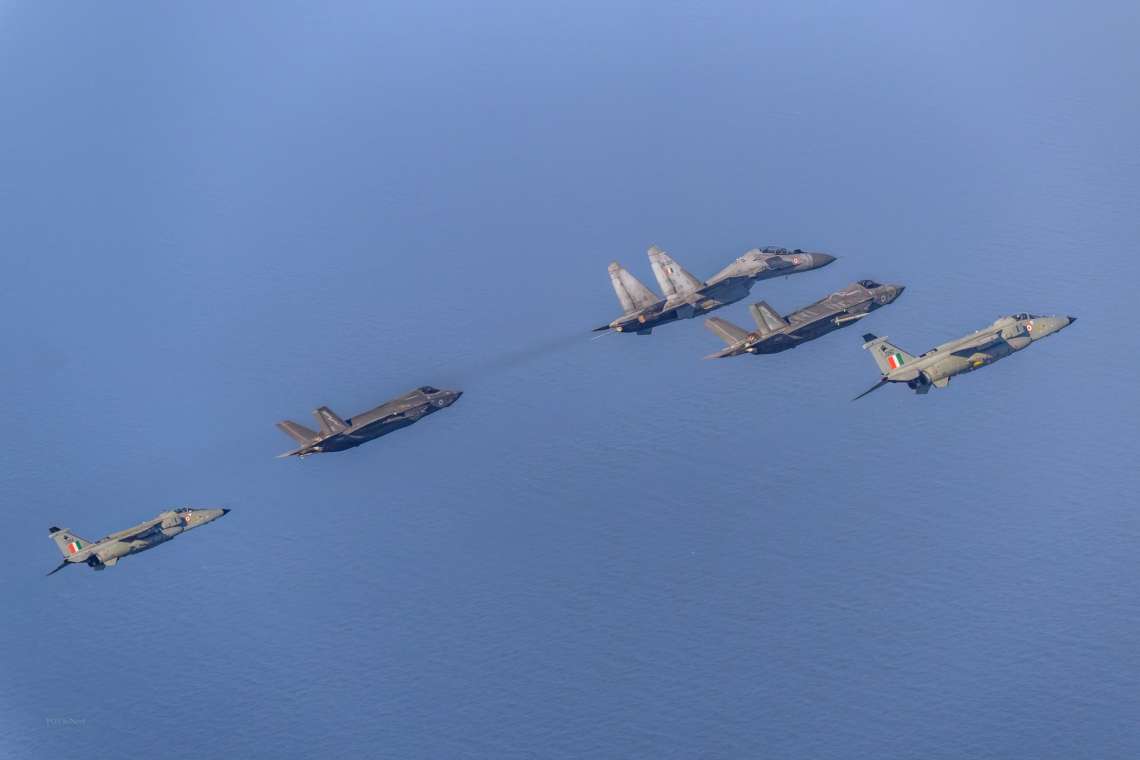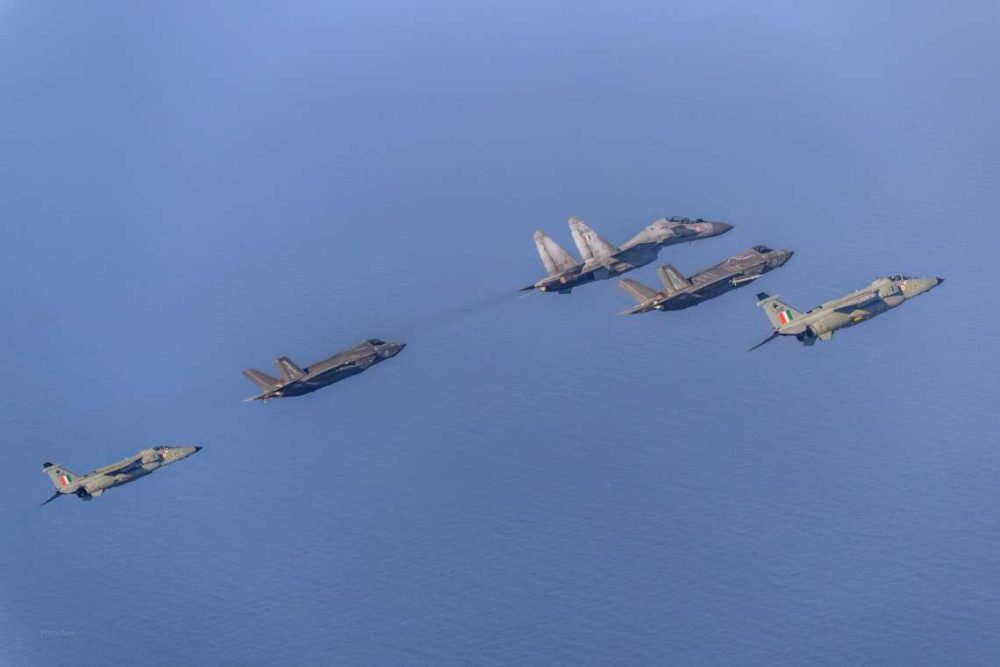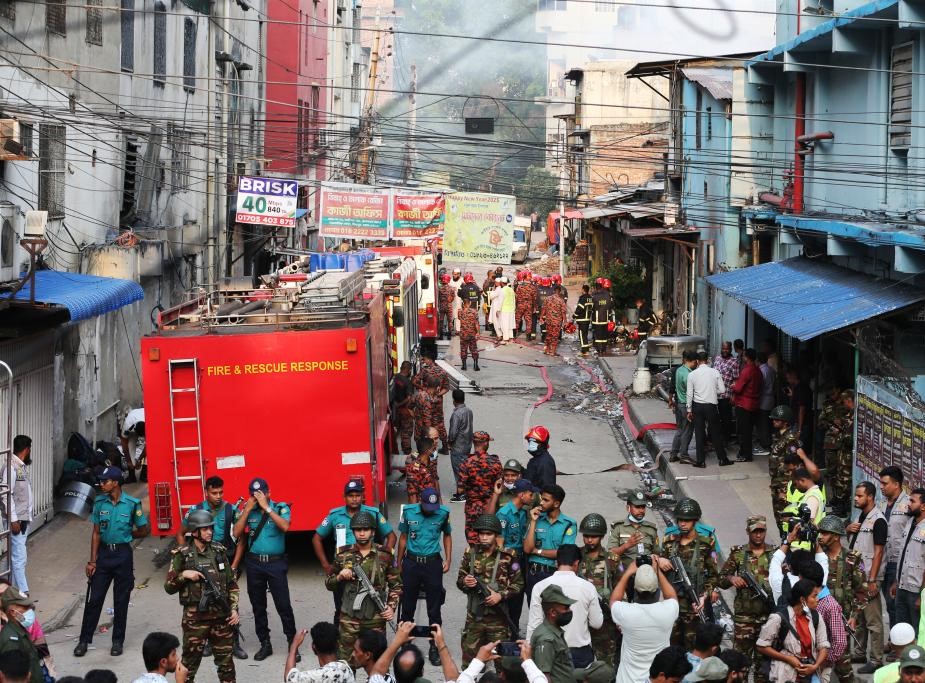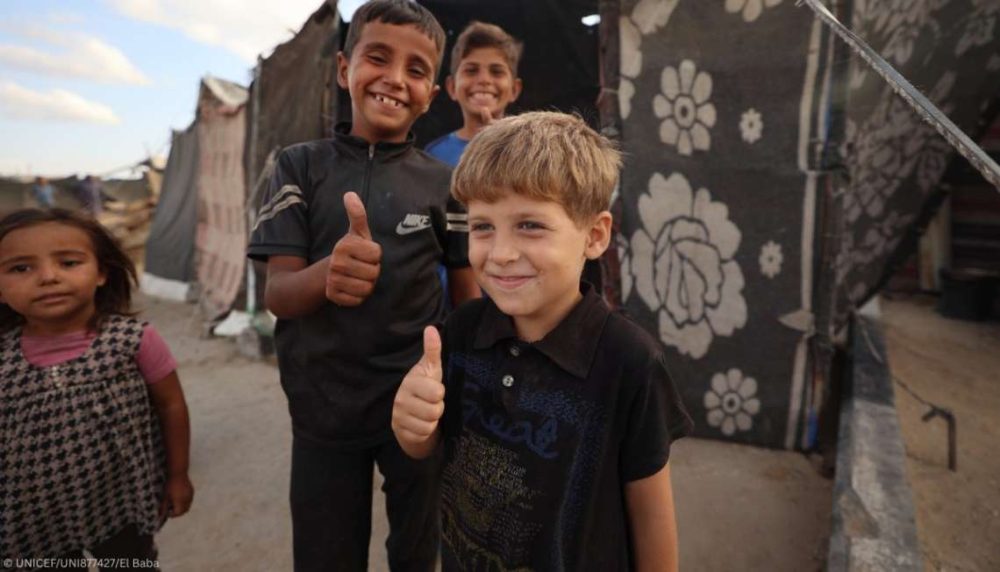The Centre has stressed that the concept of ‘One Nation, One Election’ envisions to synchronise the electoral cycles of the Lok Sabha and state Legislative Assemblies…reports Asian Lite News
The Union Cabinet on Thursday approved the ‘One Nation, One Election’ Bill, aimed at improving electoral processes. The Bill is likely to be tabled in this Winter Session of Parliament.
According to the Centre this legislation will not only streamline the electoral process, but will also foster greater efficiency, and reduce the financial and administrative burden associated with conducting multiple elections at different times.
The Centre has stressed that the concept of ‘One Nation, One Election’ envisions to synchronise the electoral cycles of the Lok Sabha and state Legislative Assemblies, allowing voters to cast their ballots for both polls simultaneously.
By doing so, the government aims to address several challenges posed by the current system of staggered elections, which often lead to prolonged periods of electioneering, disruption in governance, and heightened expenditure.
Earlier in September, the Union Cabinet had approved the proposal for the ‘One Nation, One Election’ Bill.
Congress leader Tariq Anwar said, “This is a controversial issue. Ours is a federal structure in which it is not possible to implement ‘One Nation, One Election’. The Opposition has not been taken into confidence on the issue. All stakeholders must be taken into confidence before taking such a big decision.”
Earlier, Prime Minister Narendra Modi had hailed the proposal, saying that the Cabinet has accepted the recommendations of the High-Level Committee on Simultaneous Elections.
The High-Level Committee on Simultaneous Elections headed by former President Ram Nath Kovind had recommended holding concurrent elections for the Lok Sabha and state Assemblies followed by synchronised local body polls within 100 days.
However, critics have argued that implementing synchronised elections could pose logistical and constitutional challenges. They highlight potential difficulties in dissolving Assemblies mid-way or addressing situations where a state government falls before completing its tenure.
Proponents of the Bill on the other hand argue that it will usher in a new era of stability and continuity in policymaking, as governments will no longer have to operate in a perpetual election mode.
Opposition calls bill anti-democratic
Opposition leaders on Thursday raised concerns over the Narendra Modi government’s plans to introduce the ‘one nation, one election bill’ to implement simultaneous polls across India in the ongoing winter session of Parliament.
While members of the ruling government and its allies welcomed the move, several leaders and MPs of the Opposition questioned the move.
Congress Lok Sabha member K Suresh said his party has already made its stand clear, and it is opposed to simultaneous polls.
“Our party has already cleared our stand from the beginning, our stand has not changed. We are opposing it. Entire opposition is opposing it,” he said.
Congress MP Jairam Ramesh said that the party would want the bill to be sent to a Joint Parliamentary Committee (JPC).
“The bill will be presented in the Parliament and we want it to be sent to the JPC. The INC’s stand was made clear last year itself by party president Mallikarjun Kharge when he sent a four-page letter to former President Ram Nath Kovind’s committee on One Nation One Election…”
Tamil Nadu chief minister and Dravida Munnetra Kazhagam (DMK) chief dubbed the proposed bill as “draconian”.
“The Union Cabinet has approved introducing the draconian ‘One Nation, One Election Bill’ in Parliament. This impractical and anti-democratic move will erase regional voices, erode federalism, and disrupt governance. Rise up INDIA! Let us resist this attack on Indian Democracy with all our strength!” he wrote on X.
CPI(M) Rajya Sabha member John Brittas said that move is against the federal spirit of the country.
“One nation, one election, is part of their slogan ‘one leader, one country, one ideology, one language…’ It’s against the federal spirit of the country,” Brittas said.
“If they are keen on reform in the electoral scene, they should understand what are the issues plaguing the electoral system. If they were so keen about one election, why did they segregate the election of Maharashtra and Haryana, they could not even hold four elections together,” he added.
DMK leader Tiruchi Siva also said his party opposes the bill and also sought to know what would happen if any government loses its majority after elections.
“Let them bring it, my party is totally against it, we have too many questions to raise, and they have to be replied in a comprehensive manner,” he said. Siva questioned what would happen if a government comes into minority.
“Suppose if Lok Sabha gets dissolved earlier, would they dissolve all state assemblies and hold elections?” Siva questioned.
BJD Rajya Sabha member Sasmit Patra said greater consultations need to be held.
“Greater consultation has to be done. What happens when there is a lack of majority, hung assembly or Parliament, or a government loses confidence mid-way… ” he asked.
Minister of State for Agriculture Bhagirath Chaudhary, however, welcomed the move and said that it will be good for the country. “One nation, one election will be good for the nation. It will help in saving people’s money,” Chaudhary said.
He also dismissed the reservations expressed by opposition, and said, “they are in a habit to oppose everything.” BJP’s ally Lok Janshakti Party (RV) MP Shambhavi Choudhary also welcomed the move.
“This is an ambitious bill, LJP has supported it… Every six month there is election in some state and leaders focus on that. Many times representatives are also not able to give time in Parliament, resources are wasted,” she said.
BJP MP Kangana Ranaut said that holding elections every six months costs the government. “One Nation One Election is very important because conducting elections every 6 months costs the government treasury a great deal… The biggest challenge is to ask people to come out and vote time and again. The percentage of voters is going down every year. This is the need of the hour and everyone is in favour of this…” she said.
ALSO READ: India Seeks Better Ties With Bangladesh
ALSO READ: India’s Balanced Middle East Stance













